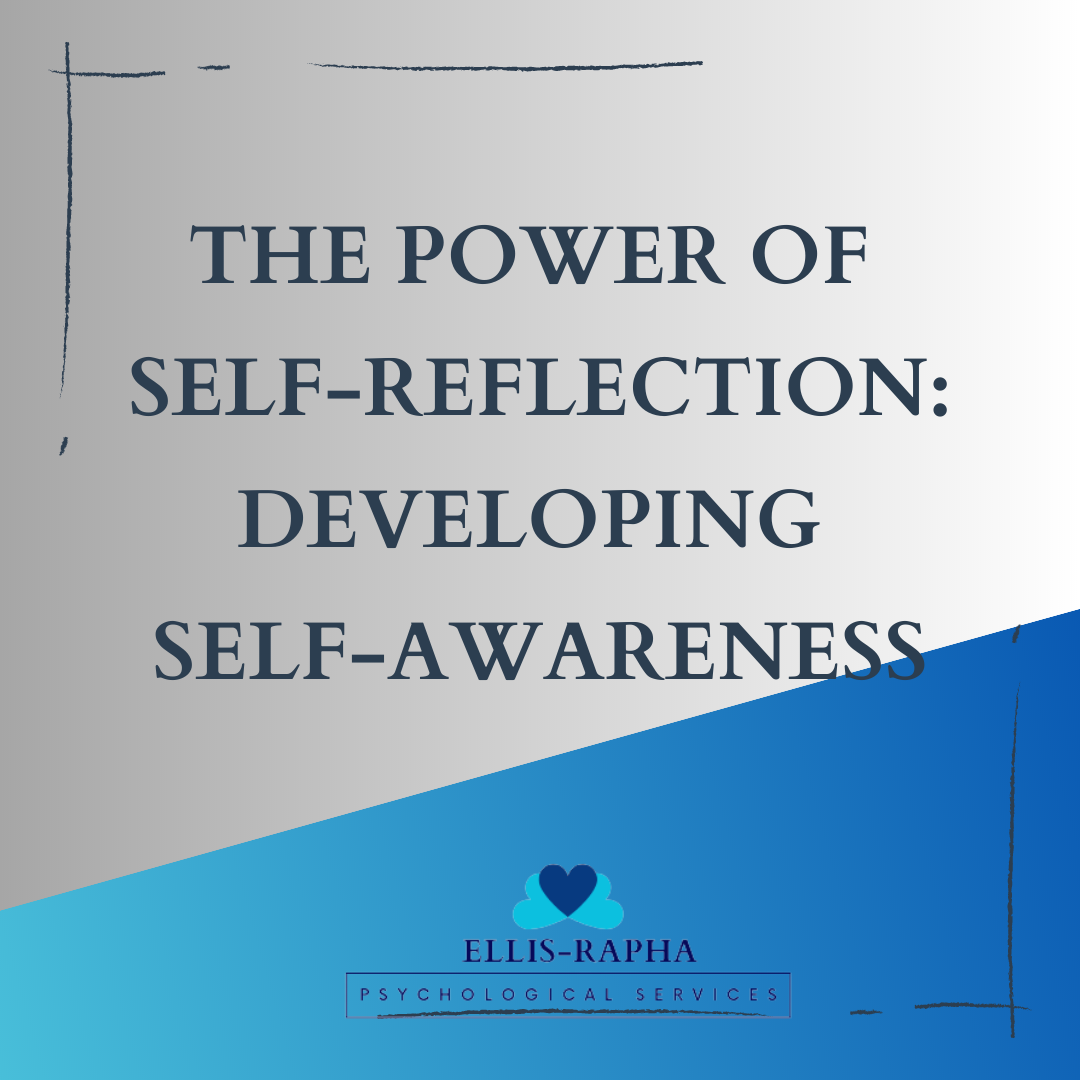I have come to understand the importance of self-awareness in achieving mental and emotional well-being. Self-awareness is the ability to understand one’s own thoughts, feelings, and behaviors, and how they impact oneself and others. It is a critical component of personal growth and development, as it enables individuals to identify their strengths and weaknesses, clarify their values, and better understand their motivations and goals.
One of the most effective ways to develop self-awareness is through self-reflection. Yes, I know it sounds like something your hippie aunt would say, but trust me, it works! Self-reflection involves taking the time to introspect and examine one’s own thoughts, feelings, and behaviors. It helps you gain insight into your own mind and emotions, and develop a greater sense of self-awareness.
Now, I know what you’re thinking – “But, I barely have time enough for myself, let alone reflect on my life!” Trust me, I get it. Life is busy, and mental health often gets pushed to the bottom of the to-do list. But hear me out, even just a few minutes of self-reflection a day can make a big difference.
To get started, find a quiet and comfortable space where you won’t be interrupted. Maybe it’s the bathroom stall at work, or alone time on weekends. Wherever it is, make it your mental oasis. Take a deep breath, close your eyes, and ask yourself some questions like, “What’s been on my mind today?” or “How am I feeling right now?”
So, how can we engage in self-reflection to develop our self-awareness? Here are some tips:
- Use prompts or questions to guide your reflection: To get started with self-reflection, you can use prompts or questions to guide your reflection. Some questions to consider include: What am I feeling right now? What are my strengths and weaknesses? What values are important to me? What goals do I want to achieve?
- Practice mindfulness: Mindfulness practices, such as meditation and deep breathing, can help you become more aware of your thoughts and feelings. Incorporating mindfulness into your self-reflection practice can help you stay present and focused on the present moment.
- Be kind to yourself: Self-reflection can be challenging, and it is important to be kind to yourself throughout the process. Remember that self-reflection is not about self-judgment or criticism, but rather about gaining a better understanding of yourself and your experiences.
Self-reflection can help you identify patterns in your thoughts and behaviors, recognize triggers for negative emotions, and gain a greater sense of control over your mental health.
And if all of this mental health talk is making you yawn, don’t worry. Did you know that practicing self-reflection can actually help reduce stress and anxiety? It’s true! By taking a few moments each day to reflect on your thoughts and feelings, you can improve your mental health and overall well-being.
By engaging in regular self-reflection, we can develop our self-awareness and gain a deeper understanding of ourselves. This, in turn, can lead to greater self-acceptance, personal growth, and overall well-being. So take some time for self-reflection today, and see how it can benefit your life!
So, my fellow mental health warriors, let’s make self-reflection a part of our daily routine. Whether it’s five minutes in the morning, or a quick check-in during your lunch break, make time to take that mental picture and really look at yourself from a different perspective. And who knows, you might just surprise yourself with what you discover!


